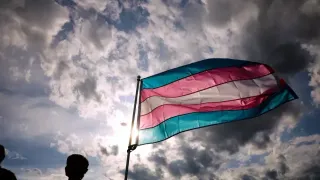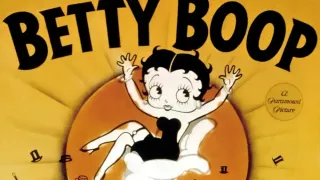August 6, 2024
Barriers to Smoking Cessation in the LGBTQ+ Community
READ TIME: 3 MIN.
While there has been much celebration around the drop in overall smoking rates from 11.2% to 4.9% in the last decade, this statistic leaves out the reality that cigarette smoking is still a prevalent threat in the LGBTQ+ community.
According to Centers for Disease Control and Prevention (CDC) surveys, one in six LGBTQ+ adults smoke commercial tobacco products. This is compared to one in nine among their straight counterparts. In line with this, transgender adults have also been found to smoke more often than those who are cisgender.
These numbers reflect the fact that smoking cessation is not as easy nor common in the LGBTQ+ community. But why is this so, given strong evidence that proves smoking is the leading cause of preventable death, disease, disability, and financial instability?
Cessation Barriers LGBTQ+ Communities Face
Targeted marketing by Big Tobacco
The National Cancer Network explains that tobacco companies have a long history of targeting minorities. For LGBTQ+ people, this is done by regularly framing themselves as normal parts of everyday life in most marketing adverts. Apart from this, most companies try to position themselves as advocates or allies by regularly advertising at Pride festivals, sponsoring events, and holding special promotions. This approach is even more rampant in Black queer communities, given that African-Americans have also long been a target of commercial tobacco marketing efforts.
Discomfort with expert-led initiatives
As per experts from the UNIQUE (Uniting in Inter-professional learning to serve the Queer community through Education) Project, LGBTQ+ members are less likely to seek professional cessation services. This is because traditional quitlines and counselors are not trained in the nuances of smoking within the queer community. As such, these initiatives may feel too generic or unwelcoming. Given that many queer persons have already dealt with stigmatization at the
hands of healthcare professionals, there is also a sense of fear and shame coming into quit programs. According to reports in New York, lesbians, gays, and bisexuals are five times less likely to call a quit hotline. Another related LGBTQ+ study from Colorado states that queer adults were also less keen to share an intention to call such hotlines than heterosexuals in the same age group.
Greater exposure to daily stressors
Experts have determined that smoking is more common among discriminated demographics. This is because smoking has often been perceived as a stress reliever. A PubMed article on smoking revealed that most queer smokers turned to cigarettes as a means to cope with the stigmatization they faced. Many queer folks even consider smoking a way to reject conventional norms and come together. As a result, many choose to overlook the dangers of smoking as they believe it can be a source of comfort and unity against overwhelming prejudice.
What can be done
Stomping out smoking, especially when it has such deeply emotional roots, is not going to be easy. As such, it's important to start introducing more tailored cessation efforts. For starters, it would help if LGBTQ+ smokers were introduced to commercial tobacco alternatives. Studies have shown this is far more effective, as it helps slowly wean smokers off the habit with fewer chances of a relapse. Additionally, since these don't require a prescription, they eliminate the need to go to possibly biased healthcare workers until such a time that more sensitive training can be carried out. Tobacco alternatives today are many and diverse, so it's relatively easy to find one that suits a person's needs.
For example, one of the most popular today are nicotine pouches. Super popular brand On! pouches are small white smoke- and tobacco-free products. Available in different strengths (ranging from 2mg to 8mg) and flavors (like citrus, coffee, and mint), these alternatives provide a steady stream of nicotine in a more discreet manner. This allows smokers to stave off cravings while also preventing withdrawal symptoms in an enjoyable way. Since they're also discreet, they can help curb the negative attention that many LGBTQ+ smokers want to avoid. Another option, albeit less discreet, is e-cigarettes. Several brands, like JUUL vapes, are currently banned or pending regulations. This follows concerns regarding vapes' accessibility and marketing.
Nevertheless, there are still plenty of vapes on the market, each featuring selections of flavored juices and nicotine strengths. These include flavors as unique as cotton candy or apple pie and strengths that go up to 20mg. In 2021, a Harvard Health write-up said that while vapes carry their own risks, they can modestly help smokers quit cigarettes. This may then be a viable option for LGBTQ+ smokers who feel like they need to start off with something that feels more familiar.






